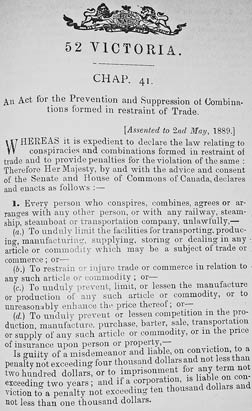This article by Prof. Ed Morgan was originally published in The Lawyers Weekly, April 13, 2012.
When it comes to conducting foreign affairs, it is well established that the constitution puts the weight of responsibility on the federal government. But in recent years, the courts have deviated from that rule as often as they have invoked it.In the Afghan prisoners case, the Federal Court of Canada explained that the government owes no constitutional duty when, after questioning, the military turns detainees over to a foreign government. The judgment presumed that Canadian forces require flexibility, and enjoy the discretion to deviate from domestic rules when they deal with an allied state and prisoners of war.

